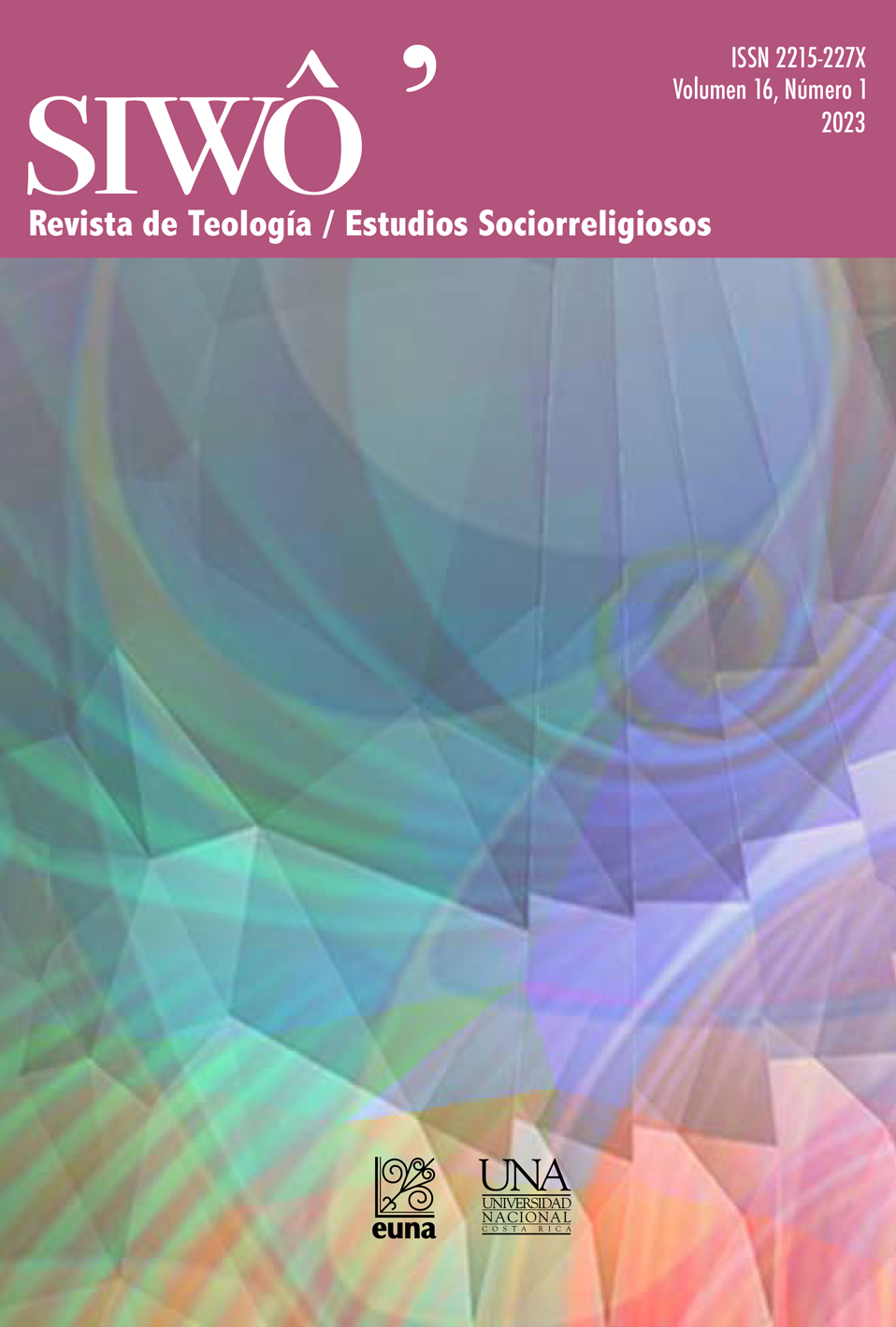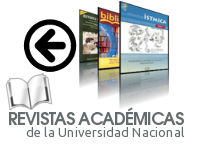LIVE WITH DIGNITY THE PROCESS OF DEATH: A VIEW FROM THE BIORIGHT
DOI:
https://doi.org/10.15359/siwo.16-1.5Keywords:
dignified death, biolaw, human rights, suffering, human dignityAbstract
This article aims to share some aspects of the contribution of biolaw with respect to the human right to die with dignity. It seeks to open a space for reflection that allows us to perceive the challenge involved in regulating human action in the search for a common field, to elucidate the task in situations at the end of life. The contribution of biolaw in this action is fundamental, since, as a branch of law, it represents a way of understanding and resolving the conflicts posed by the modern era on the right to die with dignity. At first, this article tries to explain the origin and meaning of some terms related to the subject and then analyzes aspects related to the normative effects of legal and binding scope, to the right that every human being has, to have a dignified death. In its development, elements such as the intrinsic value of life, companionship, solitude, compassion, on how to preserve human dignity until death, on the existing legal basis that regulates action in the process of good death, on the principle of autonomy, justice, beneficence and non-beneficence stand out, in this process towards the end of life. The theme to be developed does not focus on euthanasia, rather, it seeks to reflect on what to do, how to elucidate and regulate the situations that occur at the end of life in such a way that they allow everyone to die with dignity.
References
Asociación Médica Americana. (1983). Declaración de Venecia de la AMM sobre la Enfermedad Terminal.
Azulay Tapiero, A. (2001). Los principios bioéticos ¿se aplican en la situación de enfermedad terminal? Anuario de Medicina Interna, 18(12), 650-654.
Bastos Brandão de Souza, Z. (2021). El final de la vida: legislación internacional. Revista Notas Paleativas, 22(1), 28-31.
Beauchamp, T. y Childress, J. (1979-1994). Principles of Biomedical Ethics (2nd edition). Oxford University Press, New Cork.
Boladeras, M. (2010). ¿Qué dignidad?: filosofía, derecho y práctica sanitaria. Editorial Proteus.
Bonilla Sánchez, J. J. (2011). El derecho a morir dignamente en Andalucía, espacio y tiempo. Revista de Ciencias Humanas, (25), 177-188.
Castillo, A. (1999). Principios, normas y obligaciones del médico. Universidad Central de Venezuela, Facultad de Medicina, Comisión de Estudios de Posgrado, Centro Nacional de Bioética. Ética en Medicina, Fundamentación. Módulo 1, Caracas, pp. 235-245.
Ceronetti, G. (2008). The silence of the body. En I. Heath (ed.), Ayudar a Morir. Katz Editores.
De Lucas, J. (2021). Aproximaciones éticas a la eutanasia. Con motivo de la entrada en vigor de la Ley Orgánica de Regulación de la Eutanasia, 17 y 30 de junio. Ateneu Universitari Sant Pacia y la Oficina del Club de Roma en Barcelona.
Frutis, G. (2013). La muerte en el pensamiento de Séneca. Revista La Colmena de la Universidad Autónoma del Estado de México, (78), 46-67.
Heath, I. (2008). Ayudar a morir. Katz editores.
Maglio, I., Wierzba, S. M, Belli, L., Somers, M. E. (2016). El derecho en los finales de la vida y el concepto de muerte digna. Revista Americana de Medicina
Respiratoria, 1(16). Buenos Aires, Argentina.Papa Juan Pablo II. (25 de marzo, 1995). Evangelium Vitae. Carta encíclica sobre la dignidad humana.
Samayoa, A. (2021). Dignidad humana, una mirada desde un enfoque filosófico. Revista Latinoamericana de Derechos Humanos, 1(32), 8-9.
Simón Lorda, P. (2008). Muerte digna en España. Derecho & Salud, 16, 75-94.
Torralba, F. (1998). Morir dignamente. Revista, Bioética i debat, 3, 1-6. San Cugat del Valle, Barcelona, España.
Torralba, F. (2005). ¿Qué es la dignidad humana? Ensayo sobre Peter Singer, Hugo Tristram Engelhardt y Johm Harris. Herder Editorial.
UNESCO. (1948). Declaración Universal de los Derechos Humanos. Artículo 1.
Valdés, E. (2021). Bioderecho. Epistemologías y aplicaciones en tiempos de pandemia y riesgo existencial. Tirant Lo Blanch.
Additional Files
Published
How to Cite
Issue
Section
License
Política propuesta para Revistas que ofrecen Acceso Abierto
Los autores que publican en esta revista están de acuerdo con los siguientes términos:
1. Esta revista provee acceso libre bajo licencia Creative Commons Reconocimiento-NoComercial CC BY - NC. Usted como persona autora conserva sus derechos de autor. Esta licencia permite que otros remezclen, adapten y desarrollen su trabajo sin fines comerciales, siempre y cuando le den crédito y licencien sus nuevas creaciones bajo los mismos términos
2. Los autores pueden establecer por separado acuerdos adicionales para la distribución no exclusiva de la versión de la obra publicada en la revista (por ejemplo, situarlo en un repositorio institucional o publicarlo en un libro), con un reconocimiento de su publicación inicial en esta revista.
3. Se permite y se anima a los autores a difundir sus trabajos electrónicamente (por ejemplo, en repositorios institucionales o en su propio sitio web) antes y durante el proceso de envío, ya que puede dar lugar a intercambios productivos, así como a una citación más temprana y mayor de los trabajos publicados (Véase The Effect of Open Access) (en inglés).












